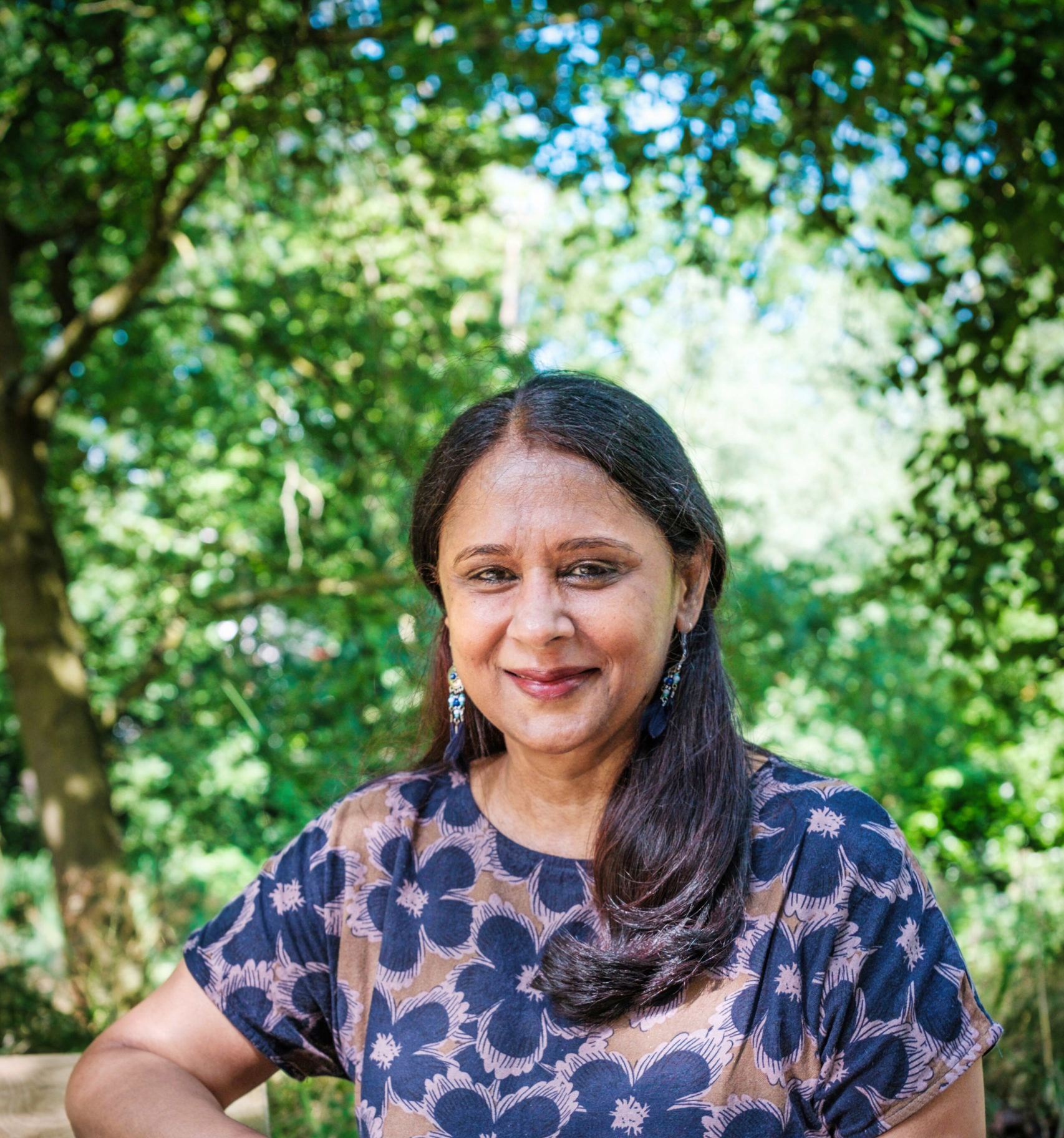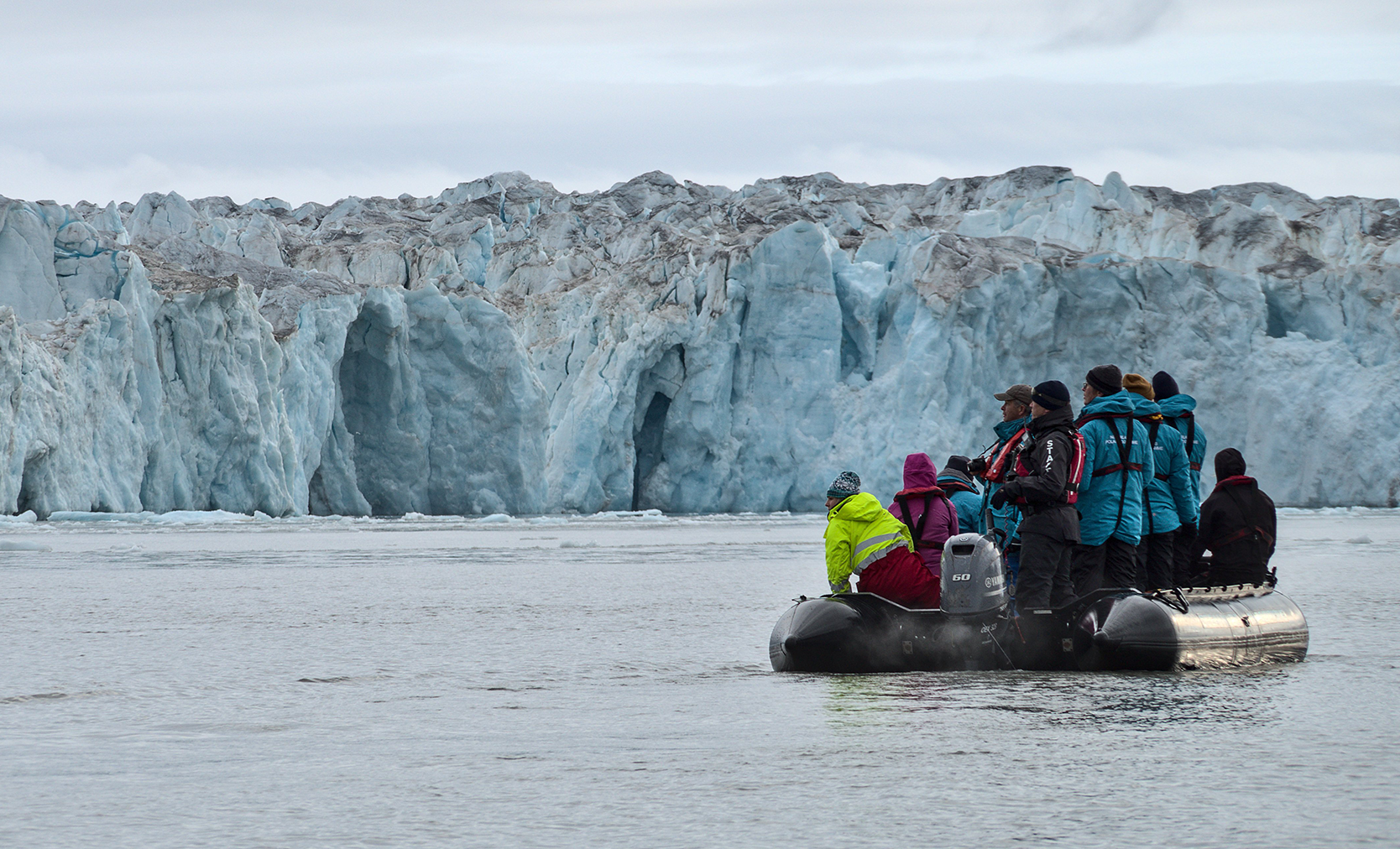One of the demands of the students who recently occupied Forum was the decolonization of education. What exactly does that entail, and what does it mean for WUR? Esha Shah, one of the driving forces behind a teachers’ initiative on decolonization, explains.
What is the decolonization of education?
‘In brief, there are two different aspects of decolonization in higher education. One is to challenge the claimed superiority and universality of Western perspectives and to open up and cherish a plurality of knowledge forms. The second important question in the decolonization debate is to ask: Who is speaking? Whose voice is heard, on whose behalf? Whose voice is considered as authentic and valid? Whose voice is not given space?
Colonialism was not just about conquering and dominating foreign territory, people and resources. What we should not forget is that racialized hierarchies were at the heart of colonialism.
This deeply ingrained mentality of the white man’s burden constantly needs to be questioned
Colonial power was exerted by asserting a certain superiority of Western European culture and civilization, which devastated other cultures and ways of knowing and existing by declaring them as invalid and inferior.’
What is the ‘White Man’s Burden’ and how does it affect higher education?
‘The “White Man’s Burden” is an important term in decolonization. It comes from a poem written by the British author Rudyard Kipling in 1899 in relation to the Philippine-American War. In the poem, Kipling exhorts the Americans to own up to their moral responsibility to civilize the Philippines by conquering it. That perspective, “it is a white man’s burden to go to the uncivilized cultures and civilize them”, became a colonial norm that still dominates our culture — very subconsciously, almost unnoticed. It also repeatedly shows up in higher education curricula. For instance, researchers and students may think that it is their “job” to identify a problem somewhere in the Global South and to find a solution, “to help them”. When I talk about this with students, I always have to ask the questions: Who are “they”? Who am I? What is the nature of our relationship? This deeply ingrained mentality of the white man’s burden constantly needs to be questioned.’
So the decolonization of education is not just a numbers game?
‘It is about being conscious of what kind of knowledge is being given representation and what is not. Counting the numbers of scholars from the Global South included in the literature list is very important, but it is not going to solve the problem. Decolonization is not as simple as that. On the other hand, we do need to count the numbers in our hiring policy. WUR is an international university with international courses, and 23 per cent of our students have an international background. Why then are the staff predominantly white and male? We need to ask very hard questions and look at why the number of staff from other cultures, especially from the former colonized regions, is so limited at our university. Who is hired for what kind of position, who is not and why?’
4. What about the critics? Is decolonization a denial of history, maybe even woke-ism?
‘There are still parts of Dutch culture where Dutch colonial history is seen as a golden period. Challenges to such perspectives might be very disturbing to certain people, but decolonization is a very uncomfortable process. It is going to ruffle some feathers if deeply entrenched mentalities and sensibilities are questioned. And people who are privileged and who hold power are going to react to such challenges.
We should ask hard questions about why the number of staff from other cultures is so limited at our university.
We have to be aware that they will probably try to turn such decolonization efforts into something insignificant, for instance by creating all this politics around woke-ism. Originally, “being woke” was a term used by the Jamaican philosopher Marcus Garvey in 1923, and in the course of a century it has become a powerful symbol of the African-American movement for justice. It means “to stay self-aware, to be alert to social and racial prejudice and discrimination”. It saddens me that this term is being simplified as “an excess of political correctness”. But as I said, decolonization involves a protracted struggle over a long time and it will require several generations of scholars and students to strive for it.’
What is the importance of decolonization?
‘That is a very fundamental question. Why do we bother? First of all, there is no birth of consciousness without pain, said Carl Jung. To build a different future we have to give birth to a different consciousness by understanding and rewriting our history. And for that, we need pluralistic forms of knowledge, including the ones that colonialism wiped out. Secondly, decolonization is about all of us — not only about the cultures which were previously colonized. Decolonization is about rethinking and reimagining all of our futures, including those of the former colonial powers. By rewriting colonial history, decolonization is essential in building a different future.’
Decolonization collective
Esha Shah is a lecturer in WUR’s Water Resources Management group and one of the initiators of the Deliberation on Decolonization, a collective of teachers and researchers that was formed in early 2022 to facilitate mutual learning, shared thinking and collaboration. Resource readers who would like to contribute can contact her.

 Esha Shah, assistant professor Water Resources Management Group. Photo Guy Ackermans
Esha Shah, assistant professor Water Resources Management Group. Photo Guy Ackermans



Is decolonisation only about rewriting colonial history? Or also about revalueing the wider history of colonised people – even the oral one which was often discarded as unreliable e.g. because the timeline did not coincide with the timeline of the colonialists’ history?